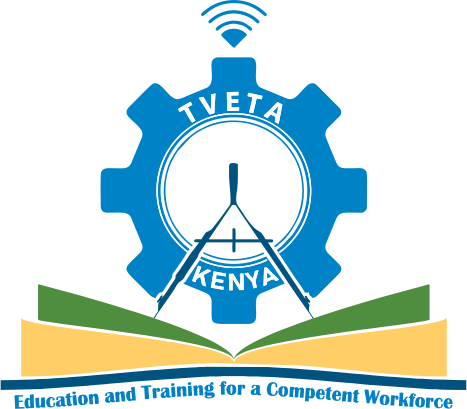About Us
Pioneering excellence in leadership development across Africa and beyond
Vantage Africa School of Leadership (Vasol) is a premier Pan-African institution dedicated to nurturing and developing transformational leaders. We work with Governments, NGOs, Private Sector and Development Organizations to conduct training and consultancies across the continent. We are present in 28 Countries in Africa.
Our Mission
To empower emerging and established leaders with cutting-edge leadership education, mentorship, and experiential learning opportunities.
Our Vision
A prosperous Africa led by values-driven leaders, we emphasize integrity, excellence, collaboration, service, and innovation. Through our programs, we aim to build resilient leaders who can address Africa's challenges and seize its opportunities.
Transform Your Leadership Journey
Discover our comprehensive range of leadership development programs designed to transform leaders across Africa. From virtual courses to on-site training, we offer practical, accredited programs that drive real results.
Leadership Courses
Develop essential leadership skills and capabilities
ExploreMonitoring and Evaluation
Master M&E frameworks and data-driven insights
ExploreProject Management
From initiation to successful project closure
ExploreData Analysis
Turn data into actionable business intelligence
ExploreAccreditation & Recognition
We take pride in delivering training that meets the highest professional and industry standards. Our programs are carefully designed to equip leaders with practical, relevant, and globally competitive skills. We are fully accredited by NITA, IHRM, and TVETA, ensuring that every course you take with us is recognized, credible, and adds true value to your professional growth.

NITA Accredited
National Industrial Training Authority

IHRM Certified
Institute of Human Resource Management

TVETA Accredited
Technical and Vocational Education and Training Authority

Eval360
Africa's First AI-Powered M&E Platform
Transform Your
Monitoring & Evaluation
Transform how your organization tracks, analyzes, and reports impact with cutting-edge artificial intelligence and intuitive dashboards built for African organizations.
AI Data Processing
Intelligent algorithms that identify patterns humans might miss
Custom Dashboards
Real-time visualization tailored to your organization
Auto Reporting
Generate comprehensive reports with AI-driven insights
Secure Cloud
Bank-level security with seamless collaboration

Dashboard
Welcome back, John
Impact Overview
Monthly performance metrics
Education projects in rural areas show 15% higher success rates. Consider reallocating resources for maximum impact.
Meet Our Expert Trainers
Learn from industry leaders with proven expertise across Africa and beyond

Dr. Benson Kiarie
PhD Strategic Management | M&E Excellence Champion
Rwigema Fred
M&E Trainer & Project Management Professional (PMP)

Dr. Eunice Wangari Muriithii
Strategic Leadership & Management Trainer
Our Valued Clients
We are proud to partner with leading organizations across Africa and beyond, delivering exceptional training and capacity building solutions.






























Ready to Create Your Success Story?
Join the thousands of professionals and hundreds of organizations that have transformed their capabilities with Vantage Africa. Your success story could be next.
Blog
Explore our latest articles, case studies, and thought leadership pieces on leadership development in Africa